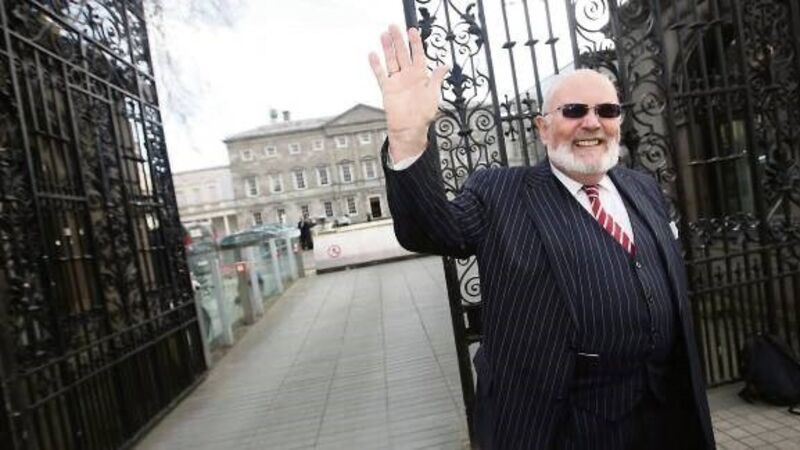Another belated State apology for shameful deeds

Last Tuesday, we did it again. A State apology was offered to a previously marginalised group of Irish society who had suffered terribly, an, in some cases, fatally, at the hands of a brutally cruel system.
In the Dáil, Taoiseach Leo Varadkar and Justice Minister Charlie Flanagan offered that apology to the members of Ireland’s gay community who were criminalised prior to 1993.
















